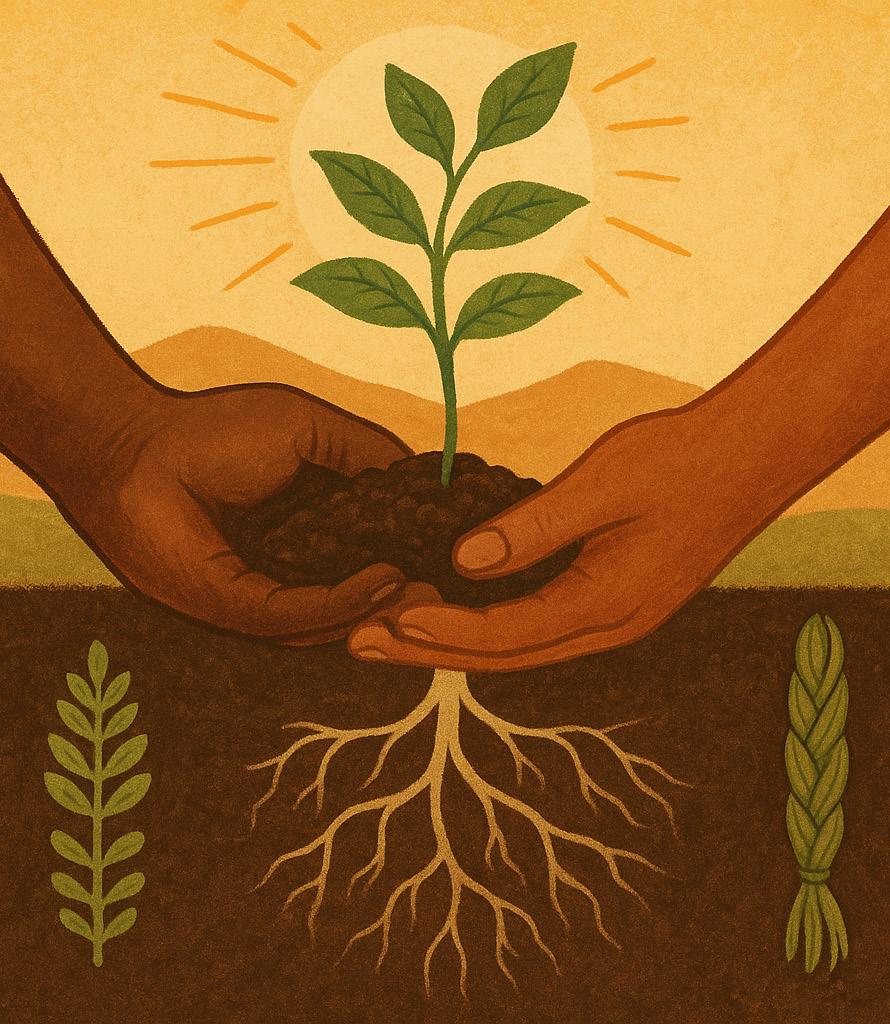
JULY 19, 2025 • CHICAGO, ILL.
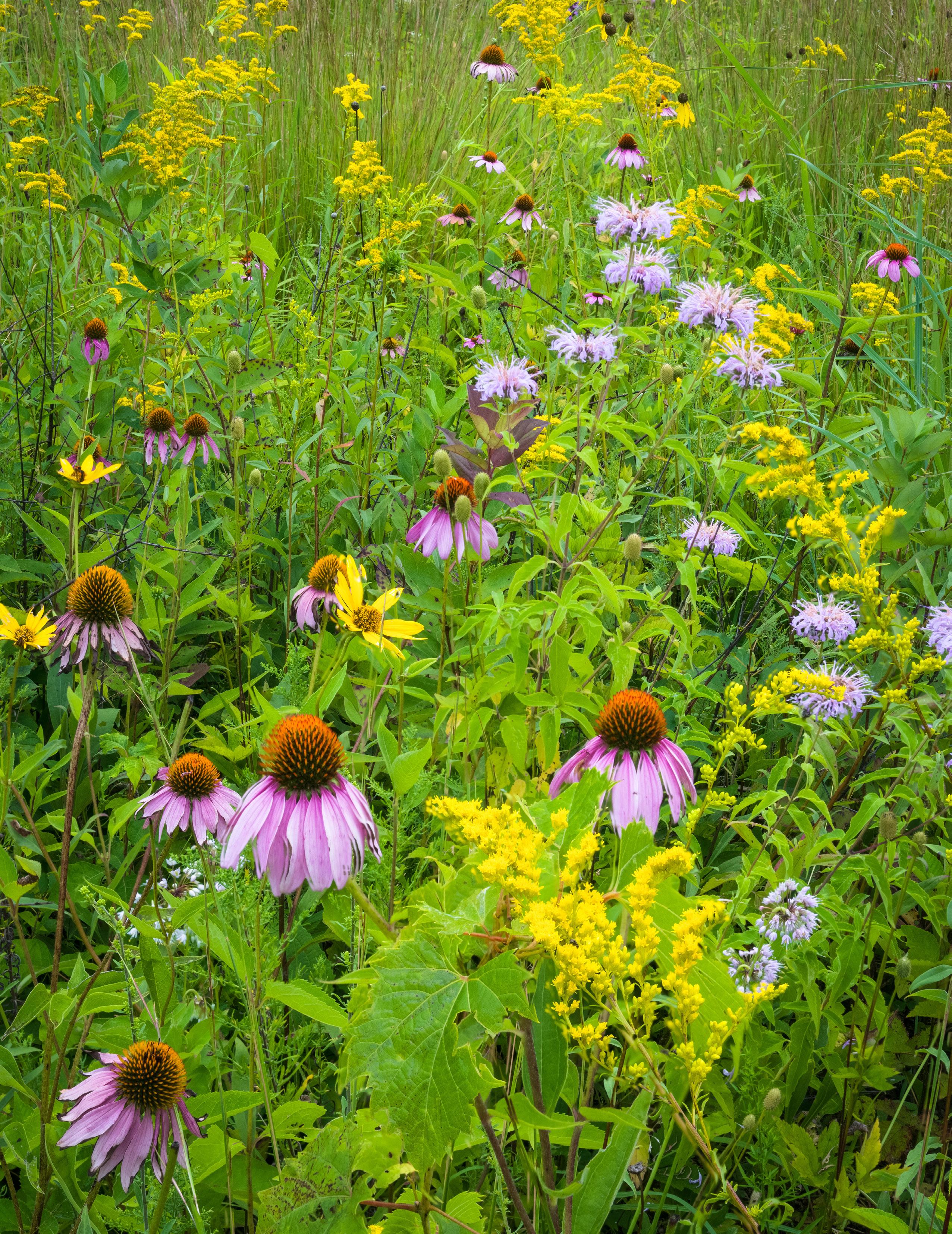


JULY 19, 2025 • CHICAGO, ILL.

We, as Native and Black people, come from those who listened to the land and lived with it, not against it.
Long before conservation had a name, our ancestors were practicing it. They planted by the moon, because they knew the sky, the soil, and the signs that told them when to begin. They carried seeds through forced migration. They prayed beside rivers, watched the skies, and knew how to care for the earth in ways Western science is only starting to understand. That is Traditional Ecological Knowledge. It is not folklore. It is not myth. It is memory, methodology, experience, and truth.
Yet in most conservation spaces today, Native and African American voices are still pushed to the side. The frameworks are Western. The leadership is mostly white. And the knowledge our communities carry, the knowledge that has protected both land and people for generations, is rarely centered.
“We have always known the land not as a resource, but as a relationship.”
We have always known the land not as a resource, but as a relationship. A relationship built on reciprocity. We give to the land and the land gives back. We care for it and it remembers us. This is knowledge carried through ceremony, through food, through story, through grief, through love. It was not passed down in books. It lives in our hands, our songs, and our responsibilities.
Rooted is a response to what has been erased. This summit is for us. It is a space where Native and Black communities come together to speak in our own voices, to lead in our own way, and to protect what has always been ours. Elders, youth, farmers, scholars, land stewards, artists. All of us coming together not to be included, but to lead.
We know this space was not made for us. So we are making it ourselves.
We also know there are people and organizations outside our communities who care deeply about this work and are seeking a different way forward. If you come with humility, with a willingness to listen, and with respect for the leadership in this space, there is room for you here. Rooted is not about charity or optics. It is about relationship, responsibility, equity and inclusion. Supporting this summit means standing with Black and Native communities who have always known how to live in balance with the land and who are ready to lead.
What we are building is not new. It is a return. And this time, we are leading.
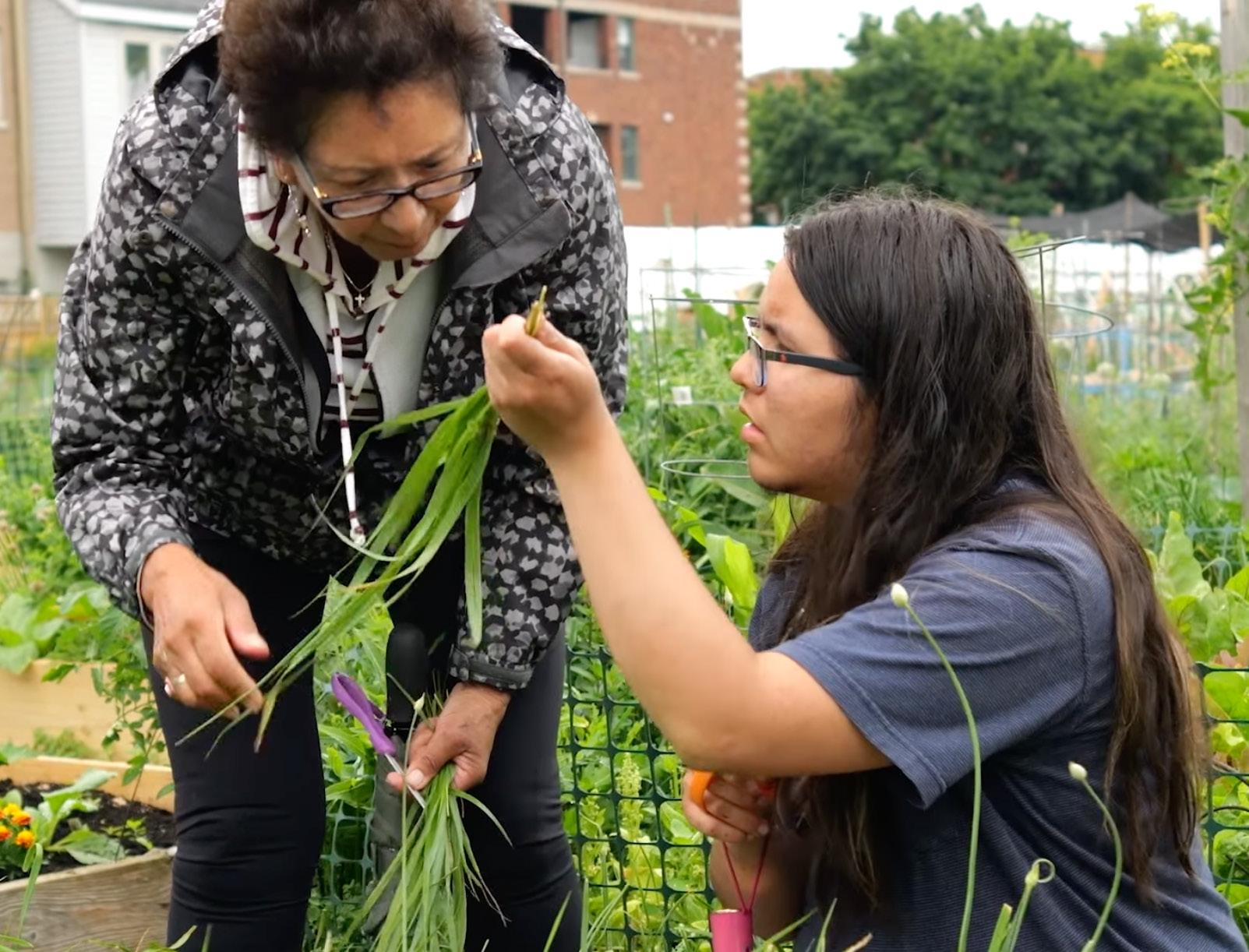
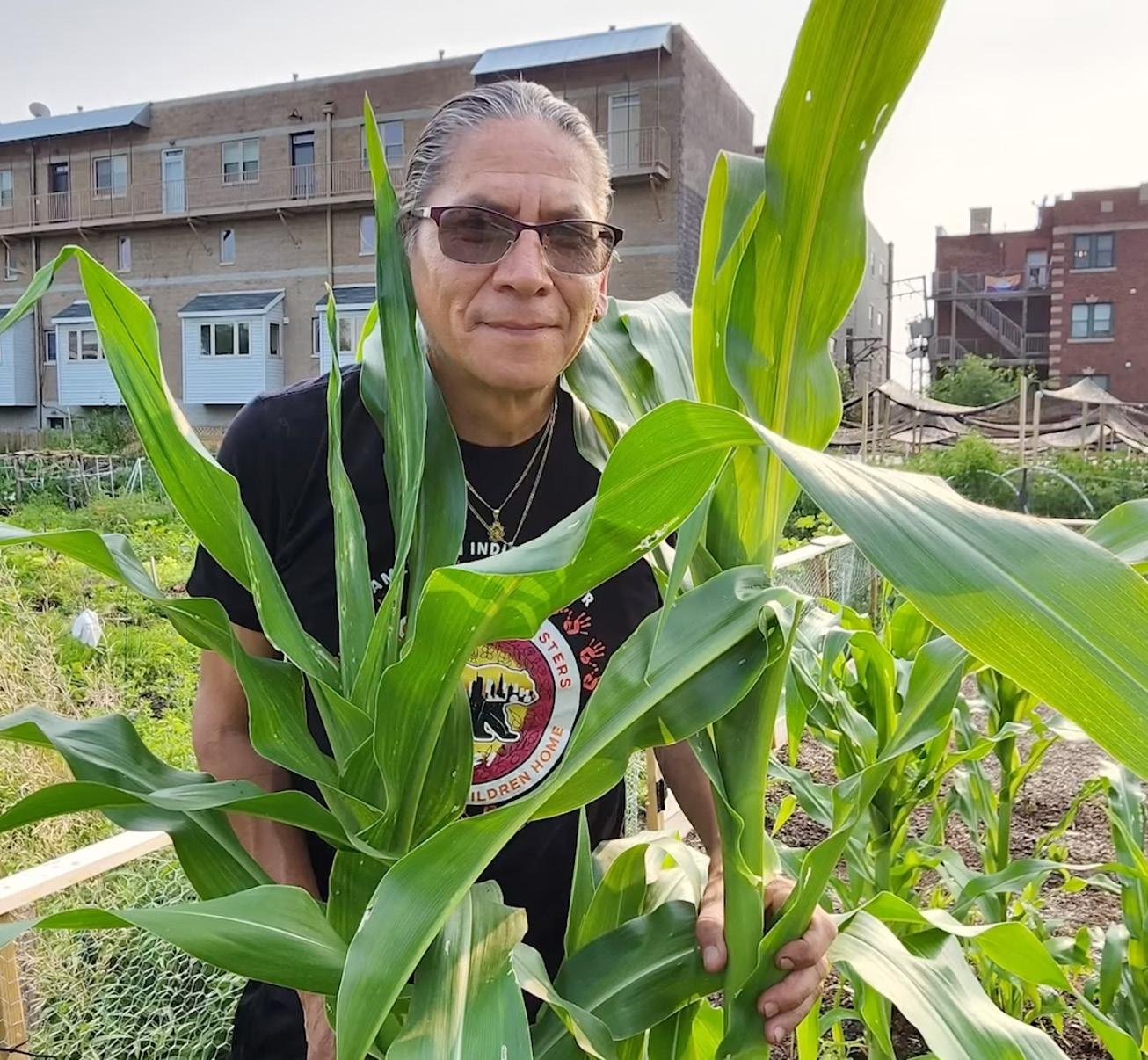
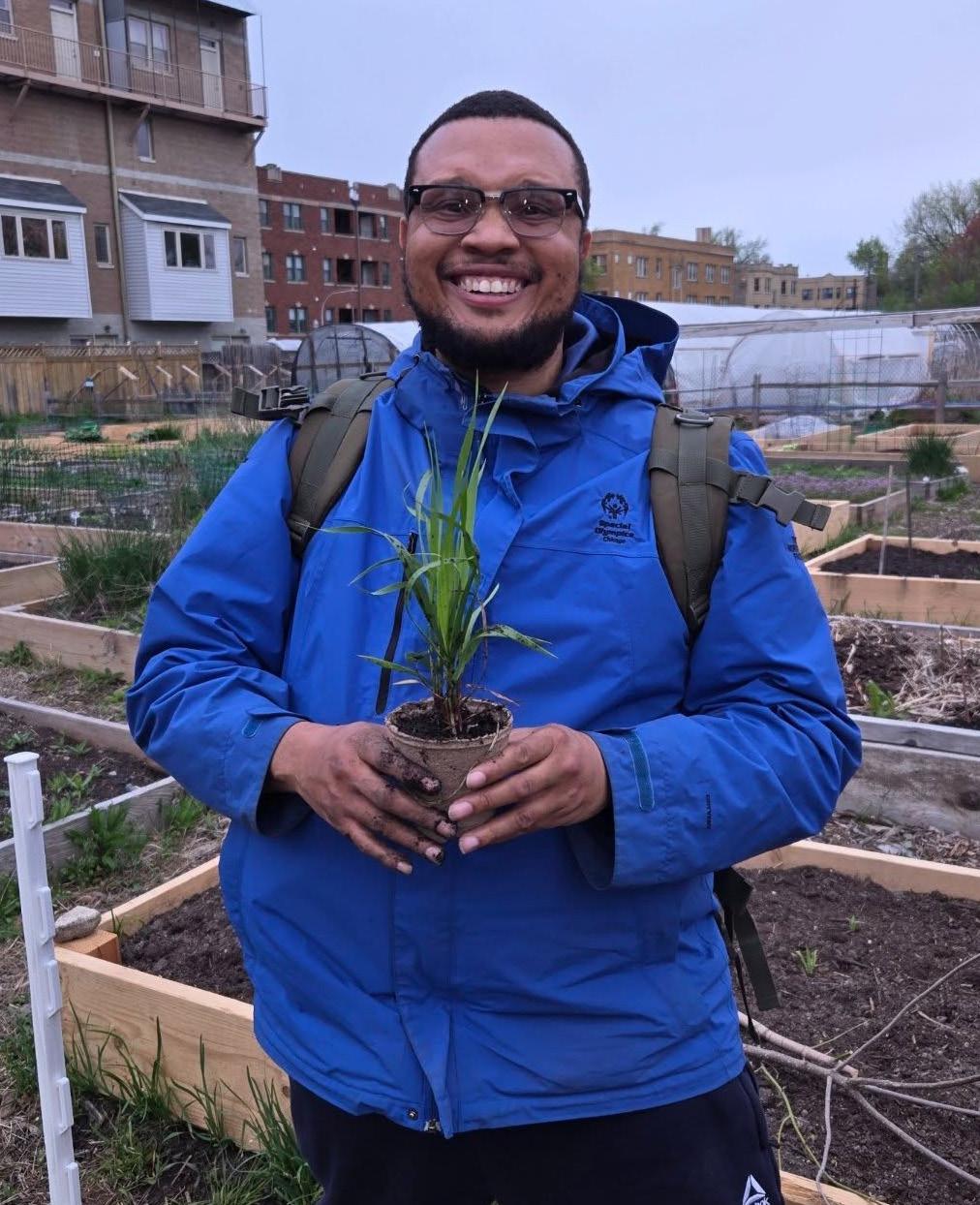
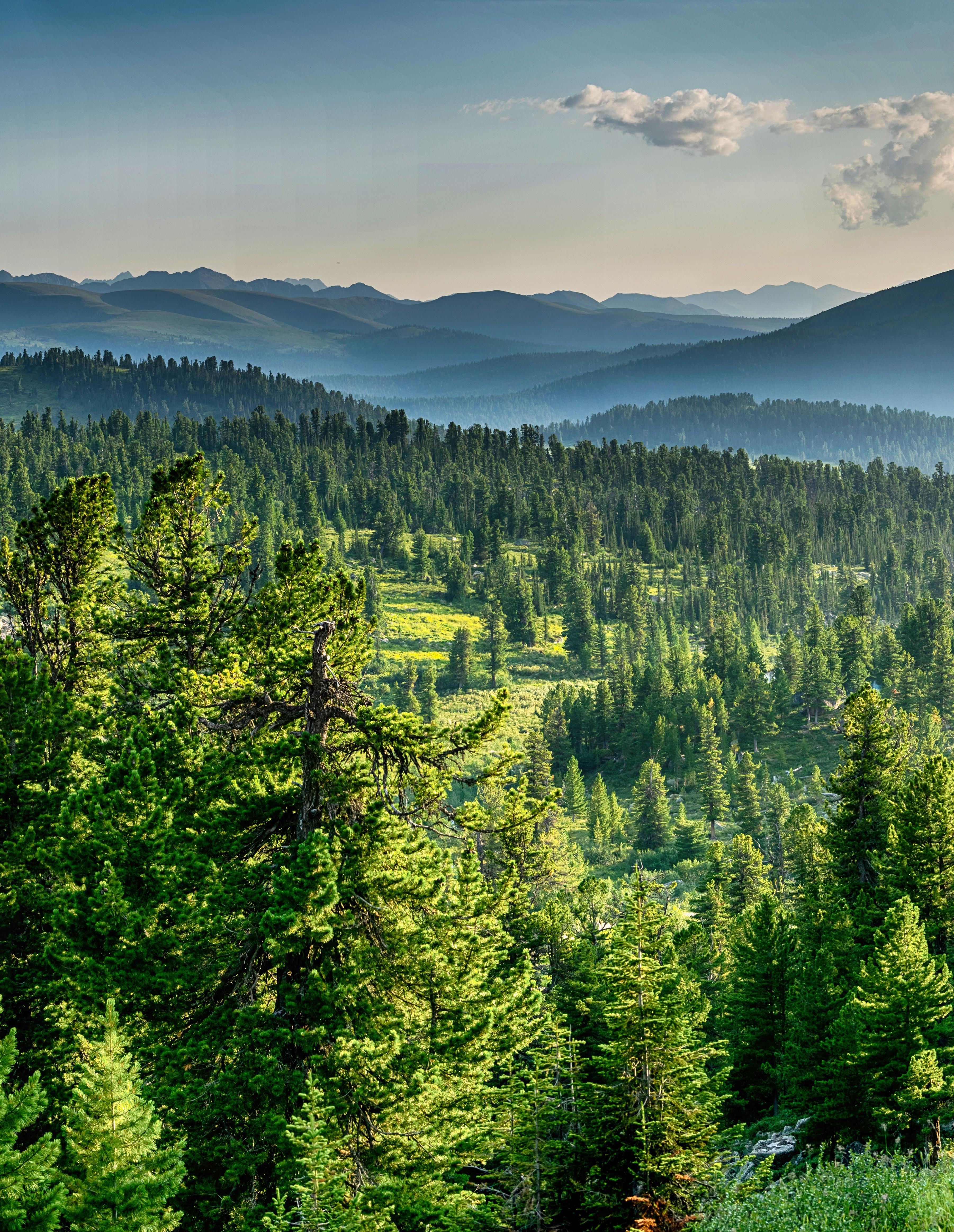
Rooted: Ancestral Knowledge & Ecological Futures is more than a summit. It is a reclamation of space, voice and direction—shaped entirely by Native and Black communities who carry generations of ecological knowledge and responsibility. This is not a symbolic event. It is a return to the ways of knowing that have cared for the land since long before conservation had a name.
Our communities have always understood land not as a resource, but as a relationship. Our ancestors moved with the seasons, planted by the moon, and carried seeds through displacement. That knowledge still lives—in story, in practice, and in the daily work of those who have never stopped listening to the land.
Yet most conservation spaces continue to center Western frameworks and white leadership. Our knowledge is too often excluded, extracted from, or invited in only after decisions are made. Rooted is a response. This summit is not about inclusion. It is about leadership. It is about centering what has always been here and building from it.
Sponsorship does not create this space—but it helps carry it. Your support ensures that speakers are honored, that participation is possible, and that this work is sustainable. It removes the expectation that we should build for free what others are paid to manage.
The sponsorship levels are named after trees for a reason. Trees don’t ask to be seen— they create the conditions for everything else to thrive. That is what we’re asking: not for attention, but for grounding. Not to be followed, but to be supported.
If you believe in equity, climate justice and systems rooted in community leadership— this is your invitation. Not to lead. Not to shape. But to stand behind what has already taken root.
This work is happening. Your support ensures it continues to grow.
To sponsor Rooted is to choose relationship over recognition. It’s a commitment to something slower, older, and more honest than most systems allow. You won’t get the spotlight—but you will be part of the soil. And from that soil, something lasting can grow.
If you’d like to learn more or talk through how your support can make an impact, reach out to Jay Young, Co-Executive Director of the American Indian Center, at jay.young@chicagoaic.org or 773-275-5871.
RECOGNITION AS PRESENTING SPONSOR
OPPORTUNITY TO SHARE REMARKS DURING SUMMIT
RECOGNITION IN OPENING AND CLOSING REMARKS
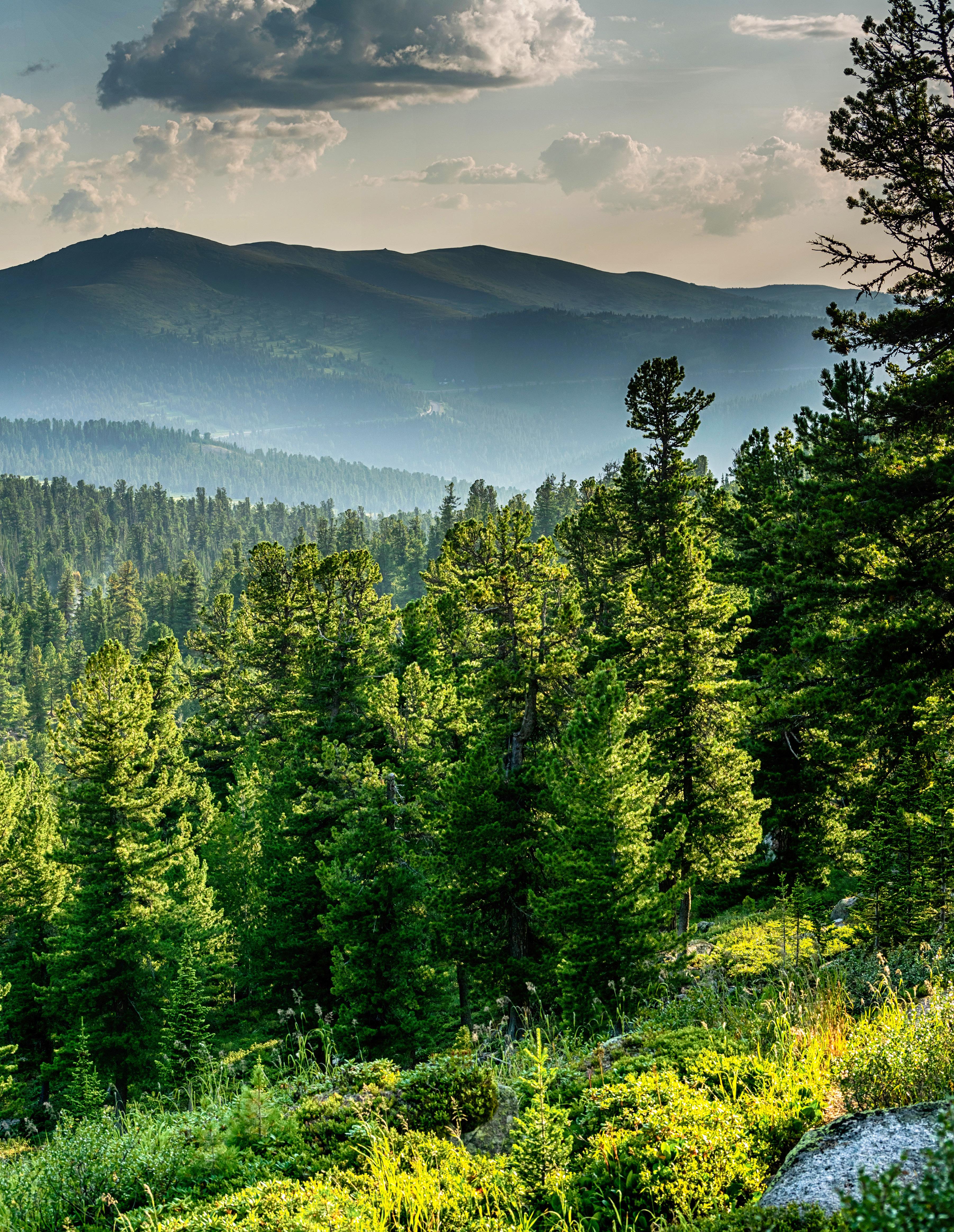
LOGO PLACEMENT IN PROGRAM, SIGNAGE, AND WEBSITE
NAME LISTED ON WEBSITE AND PROGRAM
SOCIAL MEDIA RECOGNITION (BEFORE & AFTER SUMMIT)
DEDICATED SOCIAL MEDIA FEATURE POST
OPPORTUNITY TO SHARE MATERIALS AT THE SUMMIT
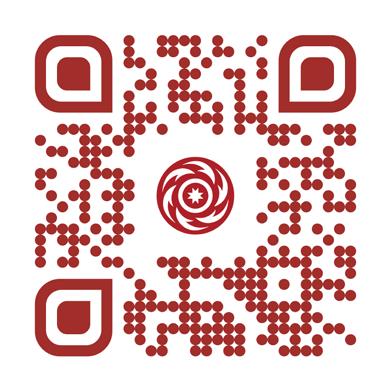
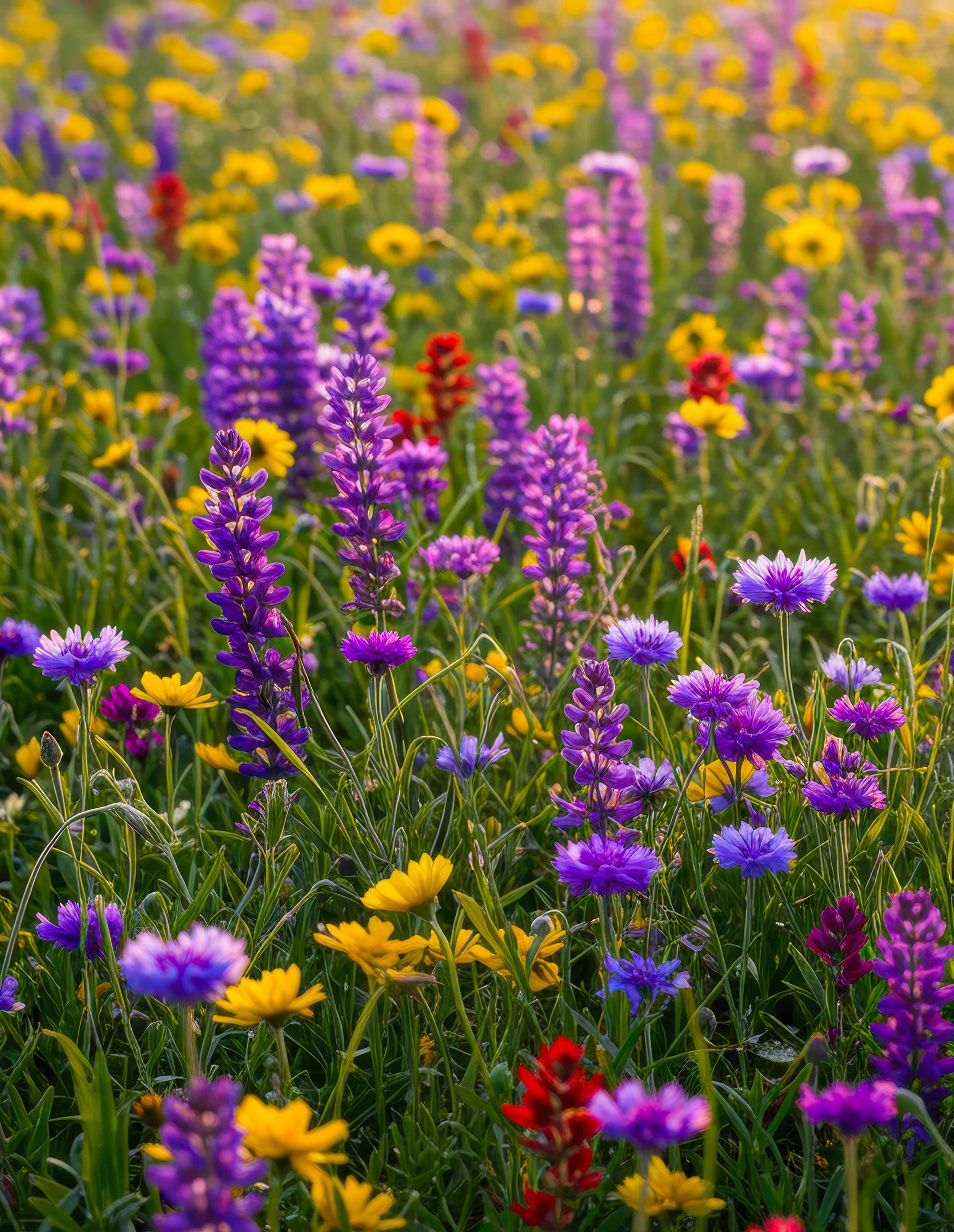
Rooted: Ancestral Knowledge & Ecological Futures is a one-day summit created by and for Native and Black communities who carry traditional ecological knowledge forward. It’s a space of memory, practice, and relationship—where story, land, and leadership come together.
We begin with a keynote address that grounds us in purpose. From there, three panel conversations guide us through time:
● The past: Storytelling as methodology, with Black and Native storytellers reflecting on how land knowledge is carried through narrative.
● The present: What’s happening now in our communities—gardens, ceremonies, environmental work, and community care.
● The future: How knowledge is being passed forward by those working with youth to shape new ecological paths.
A lunch prepared by an Indigenous chef brings us together in a moment of nourishment and connection. In the afternoon, participants join our Knowledge Keeper Series— hands-on workshops led by Black and Native facilitators:
● Face Jugs: Sculpt memory and resistance through the African American face jug tradition.
● Gourd Birdhouses: Shape a traditional birdhouse while learning how gourds connect our cultures.
● Ethnobotany & Herbalism: Discover the power of local plants through ancestral healing traditions.
● Natural Dyes: Use roots, berries, and blooms to create color and connect with the land.
● Basketmaking: Weave memory, meaning, and tradition with your own hands.
We end with a closing keynote to reflect and return.
All day long, a pop-up art exhibit highlights Black and Native artists exploring TEK through visual storytelling.
Rooted is more than a summit. It’s a gathering of generations. And it’s only just beginning.
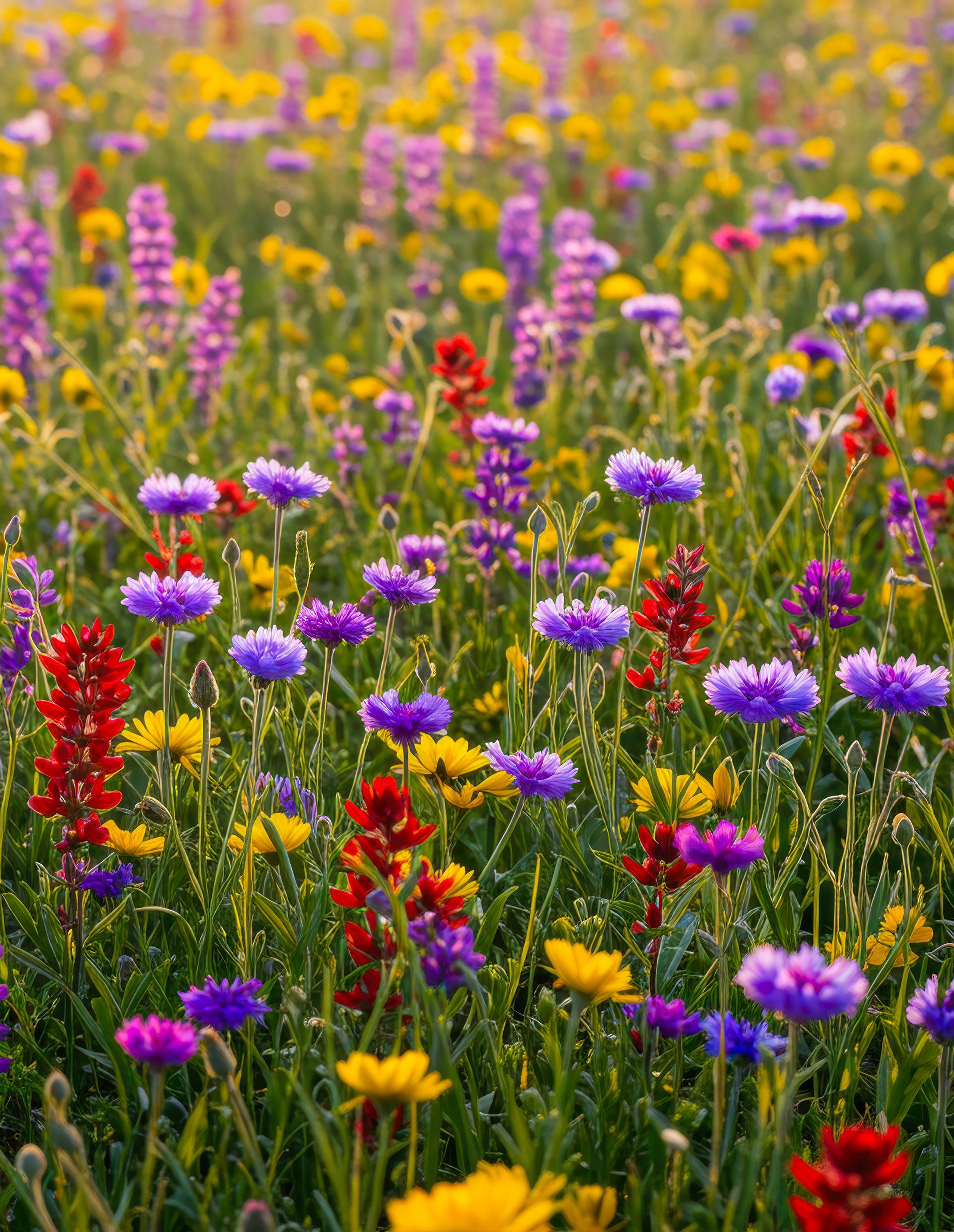
TEK Is Not Just What We Know. It’s How We Understand The World
Traditional Ecological Knowledge is a way of living rooted in relationship—not control. A way of knowing shaped by memory, observation, and responsibility. It is the understanding that land is not passive. It breathes. It remembers. And it responds to how we treat it.
Our communities have always moved with the land, not against it. We’ve known how to read the wind, follow the water, and listen to what the plants are telling us. We’ve known when to burn, when to rest, when to harvest, and when to give back. This is not lost knowledge. It is living knowledge—carried in hands, passed through generations, and practiced every day in communities that have never stopped paying attention.
Today, the world faces ecological collapse, but the dominant systems still look for solutions in the same places that created the crisis. They call for innovation. We call for memory. They seek control. We practice reciprocity. They act as if we are separate from the land. We know we are not.
This work matters because the path forward is not new—it’s remembered. Because the people most dismissed are often the ones who’ve been holding the answers all along. Because centering Black and Native ecological knowledge is not about representation. It is about survival—for everyone.
TEK is not a tool. It’s a responsibility. And in a world losing its balance, those who remain rooted may be the only ones who can restore it.
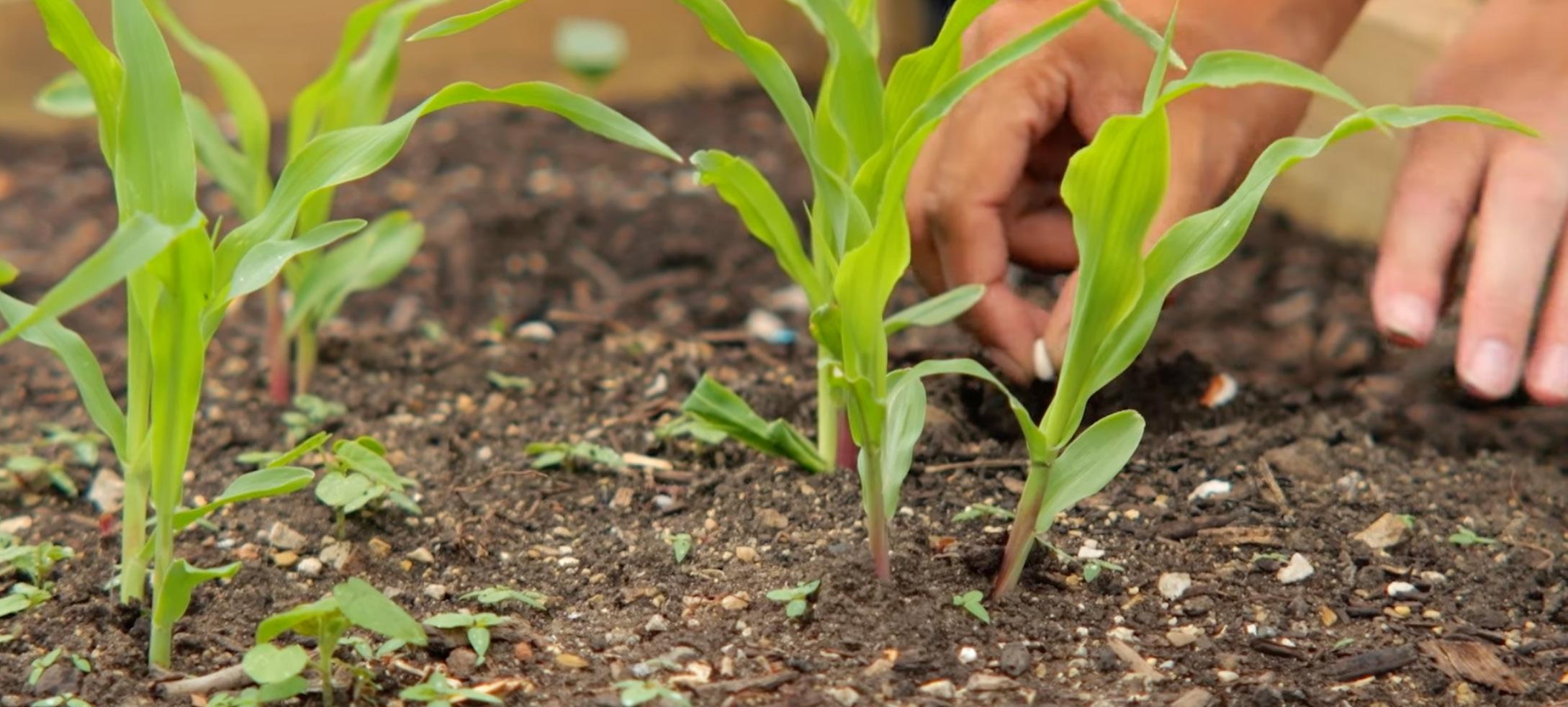
Founded in 1953, the American Indian Center (AIC) is among the oldest urban Native center in the country. We were created in direct response to the federal Indian Relocation Program—a policy that moved Native people into cities, stripped them of their land, isolated them from their communities, and promised opportunity while delivering isolation and erasure. In Chicago, more than 160 tribal nations are now represented, each carrying the stories, songs, and responsibilities of home.
AIC was formed so that culture could survive in the cracks of that dislocation. So that language, ceremony, and relationship to land wouldn’t disappear in the shadows of skyscrapers. We began in church basements and borrowed spaces, and we remain a place where Native people can gather, reconnect, and remember who we are.
Today, our programs include cultural education, youth engagement, land-based healing, urban indigenous food sovereignty and community meals. We serve Native people of all ages while building relationships across communities, including those who share similar histories of displacement, resilience, and resistance.
We believe this work cannot and should not be done alone.
The forced displacement of Black communities—through enslavement, redlining, urban renewal, environmental racism, and mass incarceration—mirrors our own histories of removal, termination, boarding schools and forced assimilation. Though the paths have been different, the impact has been the same: broken connection to land, loss of culture, and the silencing of knowledge that has sustained our communities for generations.
We are not just inviting Black voices into this work. We are walking beside them. In partnership and relationship.
Rooted is not about symbolic solidarity. It’s about shared ground, shared struggle, and shared leadership. Because healing the land means healing the relationships between the people who have always known how to care for it.
This summit reflects who we are. It holds our values: truth-telling, land relationship, intergenerational connection, and creative resistance. And it is part of our broader commitment to ensure that Traditional Ecological Knowledge is not only remembered— but honored, practiced, and protected. Together.